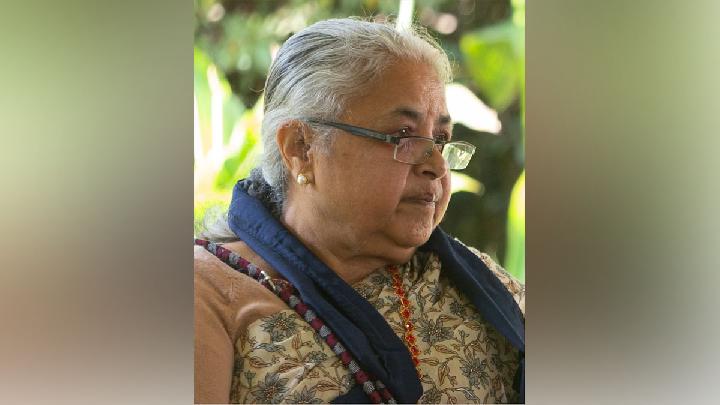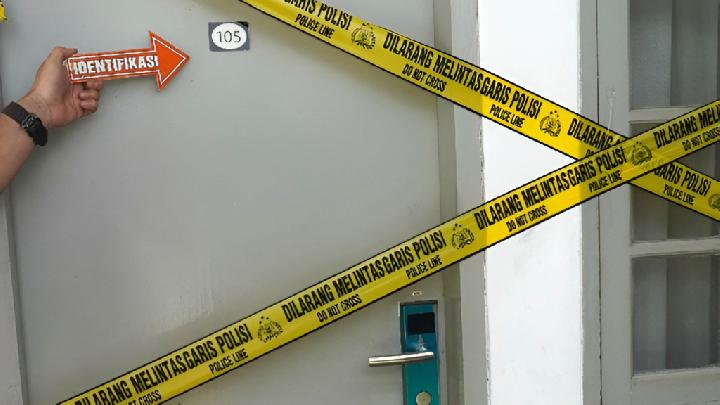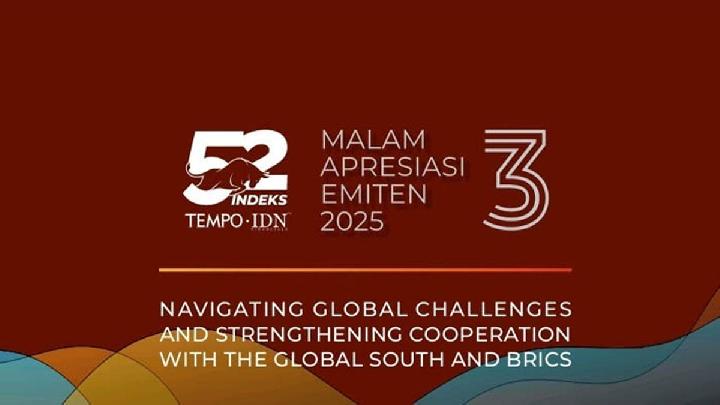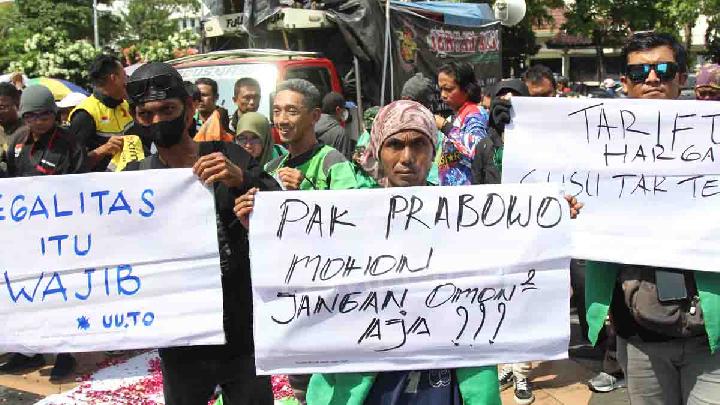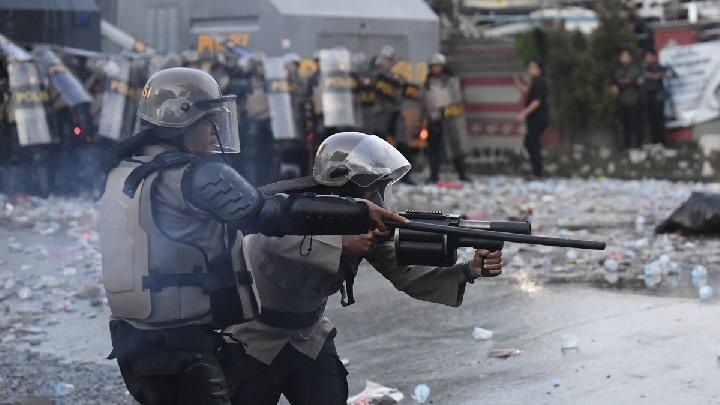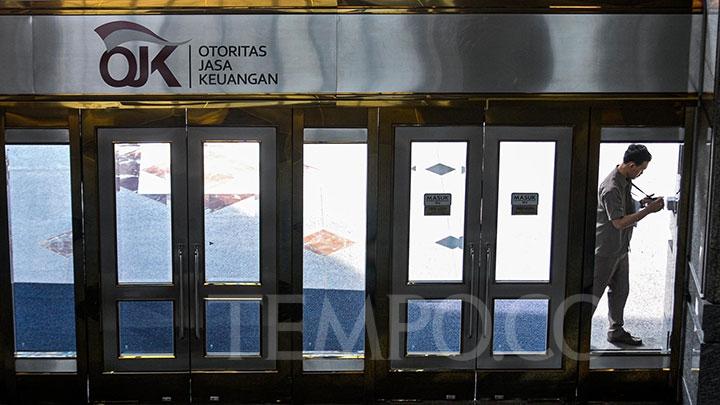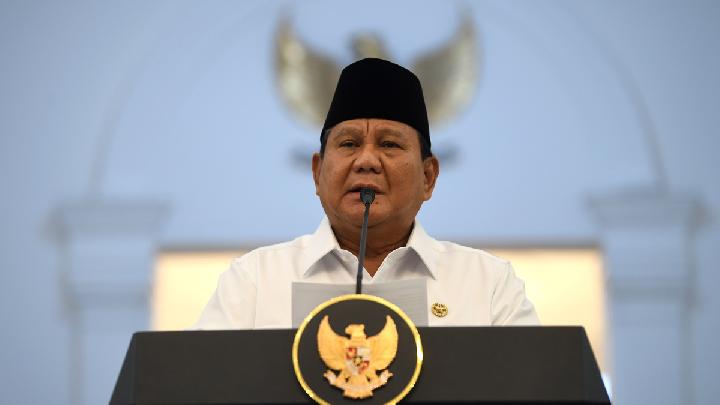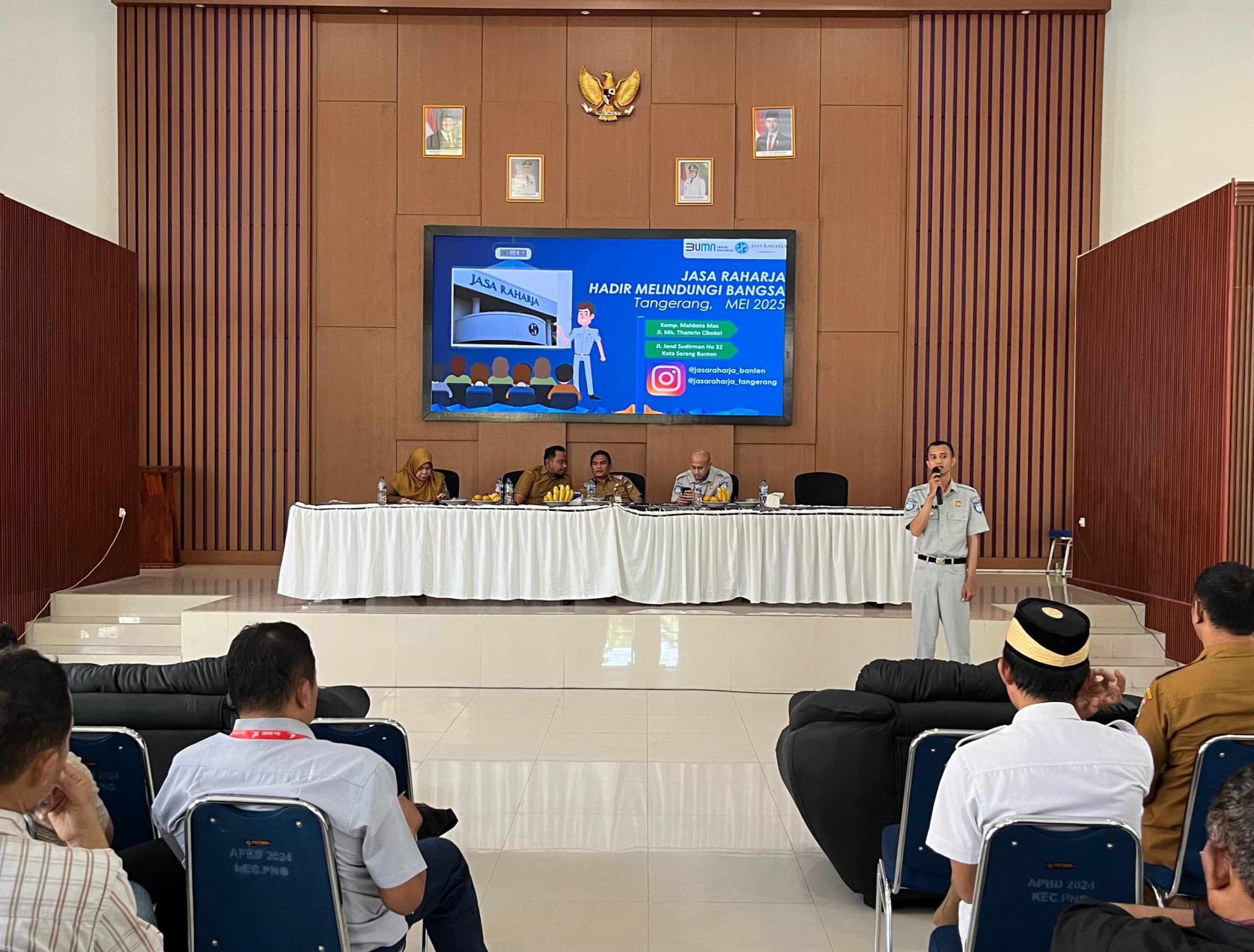TEMPO.CO, Jakarta - Israeli Prime Minister Benjamin Netanyahu has publicly stated his intention for the Israeli military to take control of “all of Gaza”. In a video posted on his X social media account, Netanyahu acknowledged that mounting international pressure has forced Israel to resume humanitarian aid deliveries to the blockaded Palestinian territory.
Netanyahu stressed the importance of preventing starvation in Gaza to achieve Israel’s goals, stating, “To complete our victory, to defeat Hamas and free the hostages, we cannot reach the point of starvation. They will not support us.”
However, Netanyahu’s intentions no longer have the support of the countries that once supported him. Strong supporters of Israel in Europe, such as Germany, Austria, the Netherlands, France and the UK have now voiced strong opposition to Israel.
Here are some of the European countries’ criticisms and condemnations of Israel’s intention to permanently annex Gaza:
UK
In a significant diplomatic move that has strained traditionally close ties between the UK and Israel, the UK government has summoned the Israeli ambassador in London and announced the suspension of ongoing negotiations for a new free trade agreement with Israel, Middle East Eye reports.
Foreign Minister David Lammy addressed Parliament on Tuesday, May 20, 2025, condemning the actions and rhetoric of the current Israeli government as “appalling”. He stressed that these policies have led to Israel becoming increasingly isolated from its allies and global partners. Lammy specifically criticized Israel’s intensification of its military campaign in Gaza and its restrictions on humanitarian aid access.
Expressing his personal sadness, Lammy stated, “As a lifelong friend of Israel and someone who believes in the values enshrined in Israel’s declaration of independence, I find these developments deeply painful.” He further argued that Israel’s current approach goes against the fundamental principles underlying the UK-Israel bilateral relationship and is at odds with the values held by the British people.
France
France has expressed its determination to recognize the State of Palestine. French Foreign Minister Jean-Noel Barrot, quoted by Anadolu, stressed on Tuesday that France’s position on recognizing the State of Palestine cannot be dictated by any external party. Speaking during a question-and-answer session at the National Assembly, Barrot underlined France’s commitment to working toward a lasting political resolution in the Middle East that protects the security interests of both Israel and Palestine.
Barrot urged the Israeli government, led by Prime Minister Benjamin Netanyahu, to halt the use of harsh military force in Gaza, arguing that such measures have failed to achieve key objectives, including the release of hostages and the disarmament of Hamas militants.
Instead, Barrot called for a shift toward diplomatic efforts aimed at negotiating a ceasefire, ensuring unimpeded access for humanitarian aid for Gaza civilians, and securing the freedom of hostages held in Hamas tunnels.
Highlighting France’s intention to unite countries willing to recognize Palestine as a sovereign state, Barrot asserted that France’s decision was driven by its belief in a lasting peace for the region, not by external pressure.
The comments came after criticism from Israeli Foreign Minister Gideon Sa’ar, who condemned French President Emmanuel Macron’s June announcement to recognize the state of Palestine. Sa'ar described such unilateral recognition as rewarding terrorism and strengthening Hamas, reflecting the complex and controversial nature of the issue.
Germany
Germany has once again expressed its firm opposition to Israel's plans to establish a permanent occupation of the Gaza Strip, stressing that the territory belongs to the Palestinian people, Middle East Monitor reported.
At a press conference in Berlin, Christian Wagner, spokesman for the German Foreign Ministry, emphasized the government's clear position on the issue. Wagner referred to statements made by Minister Johann Wadephul during his recent visit to the Middle East, who asserted that "the Gaza Strip is, of course, part of the Palestinian territories."
While recognizing Israel's legitimate right to defend itself in Gaza, Wagner underlined Germany's rejection of a permanent occupation of the enclave, a position that is in line with the broader G7 consensus.
Austria
Austria has voiced strong opposition to Netanyahu’s recent announcement of his intention to completely occupy the Gaza Strip. According to Anadolu, the Austrian Federal Chancellor issued a statement on Tuesday underlining that, according to international law, Gaza must remain Palestinian territory and any forced transfer of its population is unacceptable.
The declaration came just ahead of a scheduled telephone conversation between Austrian Chancellor Christian Stocker and Prime Minister Netanyahu. The Austrian Chancellor reiterated the importance of respecting international legal standards, stressing that Gaza’s status as Palestinian land is non-negotiable and forced transfers of its population must be prevented.
The statement further highlighted that Hamas should have no role in governing Gaza going forward. The statement stressed the need for a practical resolution that is in line with international law and involves the Palestinian Authority and the wider international community.
The Austrian government also called for an immediate ceasefire, pointing out the devastating impacts experienced by civilians on both sides of the conflict. The Austrian government stressed the importance of Gazans receiving unfettered access to humanitarian aid, noting that Israel has blocked aid for more than two months and only recently allowed limited aid in, a move that has drawn widespread condemnation.
Netherlands
On Tuesday, the Netherlands voiced serious concerns about Israel’s escalating military offensive on the Gaza Strip. The Dutch government stressed the urgent need for a significant increase in humanitarian aid access to the besieged territory, which has long suffered under an Israeli blockade that has restricted aid deliveries.
Dutch Foreign Minister Caspar Veldkamp spoke to reporters at a meeting of the European Union Foreign Affairs Council in Brussels, Middle East Monitor reported. He said, “Much more aid is needed. We must ensure massive humanitarian access to Gaza.” He also voiced concerns about Israel’s intensifying military campaign, noting the worsening humanitarian crisis.
Although Israel has recently allowed limited increased aid access, Veldkamp criticized the move as not going far enough. He underlined that the ongoing humanitarian blockade violates international humanitarian law and called for a review of Article 2 of the EU-Israel Association Agreement to ensure both parties uphold human rights obligations.
Editor's Choice: Pope Leo XIV Urges Israel to Allow Humanitarian Aid into Gaza
Click here to get the latest news updates from Tempo on Google News




